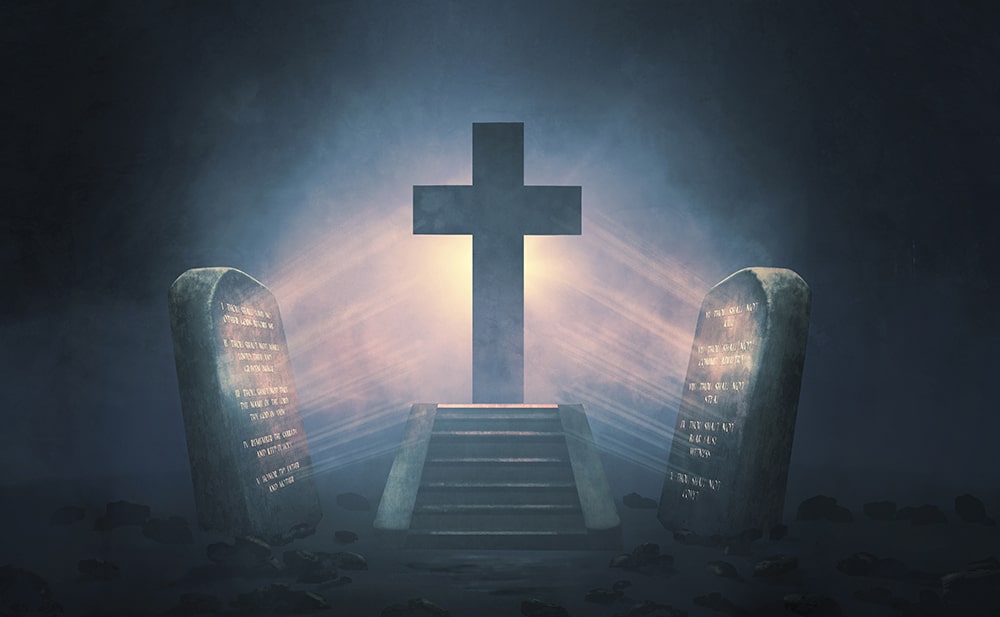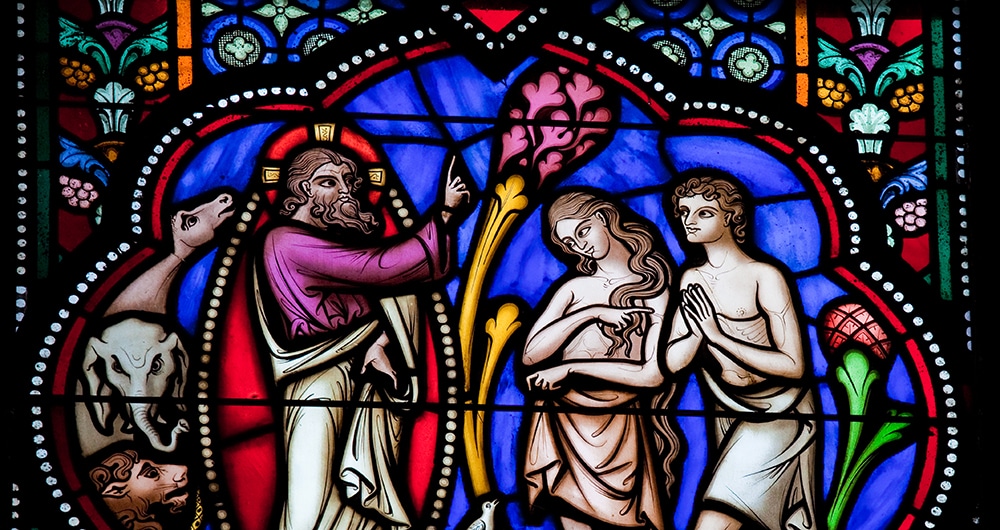
Yes, the Ten Commandments take that form, and Christ himself tells us that he came not to abolish the Law but to fulfill it. But we tend to put the emphasis on the first part of that statement, without recognizing what fulfilling the Law really means.
But Christ told us that, too, and every year during the Easter season, the Church reminds us by presenting certain passages from the Gospel of John that make it clear (if only we have ears to hear) how radically Jesus turned traditional conceptions of morality on their head. The keeping of the commandments is a natural consequence of hearing the word of Jesus, believing it, and desiring (as I wrote in my last column) to take on the mind of Christ. Or rather, it is a supernatural consequence, as we allow ourselves to be filled with the grace of Christ that reverses in us the effects of Adam’s sin.
Yet we still approach the Christian life as if it’s a series of boxes to be checked rather than a continual process of conversion (metanoia), of becoming more and more like Christ, in which we increasingly keep the commandments just as he did: Not because he was trying to be united to the Father, but because he and the Father were already one.
“I did not speak on my own,” Jesus said, “but the Father who sent me commanded me what to say and speak. And I know that his commandment is eternal life” (Jn 12:49-50 ).
After Jesus scandalized the crowds, and even some of his disciples, by declaring that “my flesh is true food, and my blood is true drink” (Jn 6:55 ), he asked the Twelve, “Do you also want to leave?” And Peter, speaking as he so often did on behalf of all of them, replied, “Master, to whom shall we go? You have the words of eternal life” (Jn 6:68).
John doesn’t tell us that Peter and the rest fully understood the mystery that Christ had revealed. Rather, as Peter continued, “We have come to believe and are convinced that you are the Holy One of God” (Jn 6:69). Believing that, having the faith that surpasses human knowledge, the disciples remain united to Christ, because that unity is eternal life.
When do they stray? When their faith falters, and that unity with Jesus is shattered — fatally, in the case of Judas; temporarily, in the case of Peter. Peter’s denial of Christ — “I do not know the man!”(Mt 26:72) — is a lie, and yet also true. He has distanced himself from the Holy One of God, forgotten the words of eternal life, and breaking the commandment against bearing false witness all too naturally follows.
The Father wants us to embrace eternal life, to accept what Adam rejected, through a relationship with his Son. Faith is something more than mere knowledge; Satan, after all, knows who Jesus is. When we say, “I believe” and really mean it, we are not simply acknowledging who Jesus is but are choosing to let Christ transform our lives. And that means setting aside the old man, the man who struggles to keep the commandments, to fulfill the Law, because he’s doing it on his own, rather than letting Christ live through him. And a funny thing happens when we do that: The Law is fulfilled, not in the checking off of boxes, but in the grace and truth of Jesus Christ, who is the only way to eternal life.
Scott P. Richert is publisher for OSV.





